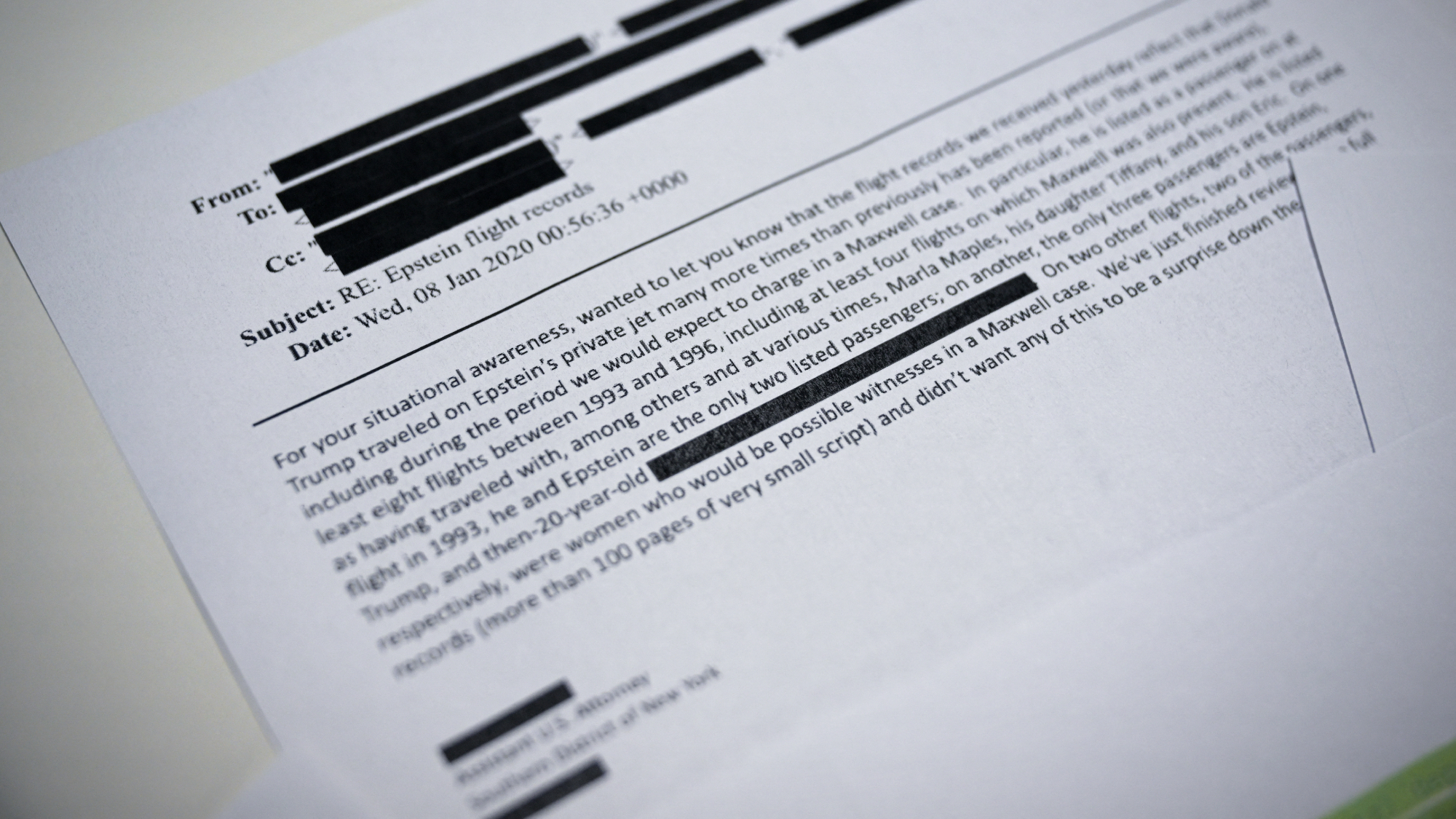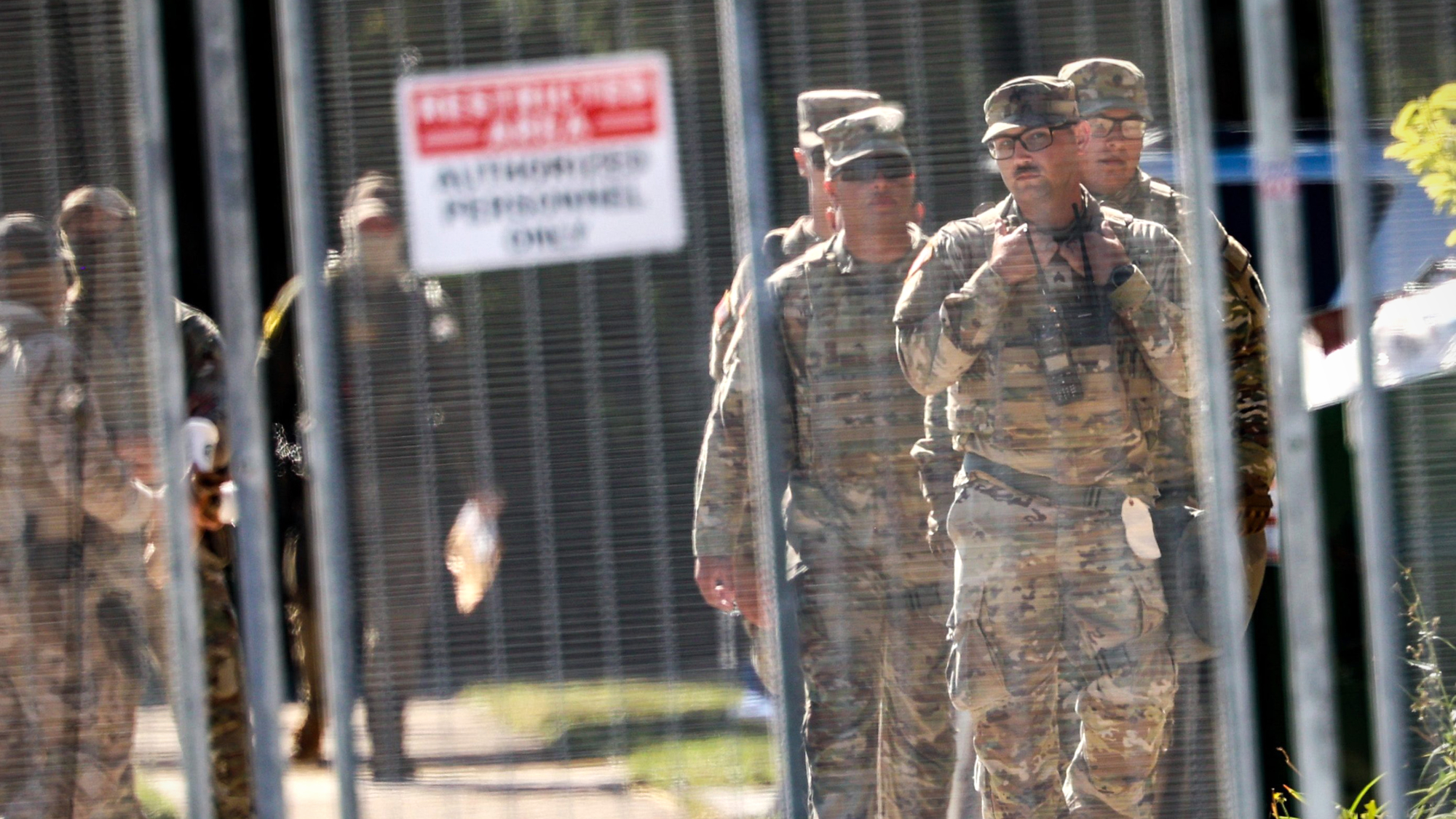Trump's glib complacency about nuclear war — and ours
Why the president of the United States feels free to joke about wiping out all life on Earth


The sanest response to President Trump's bizarre remarks is usually one of detached equanimity. Being outraged daily, or even hourly, by quasi-literate tweets is not a recipe for health or sanity. The creature in the Oval Office lives for your indignation, lusting after it like honey. "DON'T FEED THE BEAR," as Disney's Rabbit once put it on a helpful sign.
I do not think, however, that this principle of detachment should apply to those occasions on which Trump threatens nuclear war.
The fact that the plural is necessary is instructive. Last summer the president told a journalist that if North Korea were to attack the United States, our East Asian enemy would "be met with fire, fury, and frankly power the likes of which this world has never seen before." (This came only a few days after Prime Minister Shinzo Abe of Japan, speaking on the 72nd anniversary of American war crimes against his country, rightly called on his fellow heads of state to help him realize "a world without nuclear weapons.")
The Week
Escape your echo chamber. Get the facts behind the news, plus analysis from multiple perspectives.

Sign up for The Week's Free Newsletters
From our morning news briefing to a weekly Good News Newsletter, get the best of The Week delivered directly to your inbox.
From our morning news briefing to a weekly Good News Newsletter, get the best of The Week delivered directly to your inbox.
This week, in the course of his intermittent WWE feud with North Korean dictator Kim Jong Un, Trump suggested — not falsely — that the United States has a much larger nuclear arsenal than North Korea.
If there can be a moral equivalent of pissing the bed, Vox achieved it with an article in response pointing out that #actually there is no such thing as a nuclear "button" in real life, as if that were the most salient observation about geopolitical affairs to be made here.
What Trump's tweet tells us is that he does not take nuclear warfare, or the prospect of hundreds of thousands of civilian casualties, seriously. The idea of innocent men, women, and children having their skin turned to red leather or charcoal, their hands welded into hideous lobster-like appendages, their bone marrow microwaved in an instant is a joke, an opportunity for tough-guy bluster, an end-around the tedious, frequently unrewarding work of diplomacy.
This adolescent callousness is not unique to the president. Two years ago during the Republican presidential primary, Sen. Ted Cruz (R-Texas) casually pledged that he would bomb the Islamic State into "oblivion." "I don't know if sand can glow in the dark, but we're going to find out!" he added with a quarter-smile. A decade back, Sen. John McCain (R-Ariz.), that grave Ciceronian elder statesman, sang a tuneless rendition of a Beach Boys classic with the chorus changed to "Bomb Iran." When asked by a journalist about the tastefulness of his remarks, McCain played his always-ready veteran card and told his interlocutor to "get a life."
A free daily email with the biggest news stories of the day – and the best features from TheWeek.com
Disgraceful as they are, I think there is something welcome about these and other insipid remarks from our leaders. If nothing else, they serve to remind us of the unreality of post-nuclear human life.
The relative peace that has existed between the world's major powers since 1945 is a sham, a pasteboard fantasy as glitteringly unreal as the digitized existences we are all leading in front of our screens. The truth is that there is, and has been, no peace at all. A peace built upon the implicit promise that all of us could be dead in five minutes and the charred remains of creation uninhabitable by everything save the more resilient varieties of archaebacteria is not a true peace any more than a prosperity built, as ours is, upon the exploitation of unseen laborers half a world away is true prosperity.
The other lesson we can take away from Trump's online brinksmanship is that nuclear war is impossible, at least if by "war" one means a conflict that can be entered with the object of victory. Just as there can be no health or wealth for some made possible by the misery and spoliation of others, there can be no victory incumbent upon the complete abnegation of good. Any nuclear war would be a defeat from the moment it was conceived, for all sides.
At some level, I think, we all recognize this, which is why it is possible for the president of the United States to discuss chthonic horrors with all the gravity of a yo mama joke. The proper response from the rest of us should be righteous anger at principalities, powers, and the rulers of the all-too-visible darkness of this world, not complacency.
Matthew Walther is a national correspondent at The Week. His work has also appeared in First Things, The Spectator of London, The Catholic Herald, National Review, and other publications. He is currently writing a biography of the Rev. Montague Summers. He is also a Robert Novak Journalism Fellow.
-
 How Bulgaria’s government fell amid mass protests
How Bulgaria’s government fell amid mass protestsThe Explainer The country’s prime minister resigned as part of the fallout
-
 Femicide: Italy’s newest crime
Femicide: Italy’s newest crimeThe Explainer Landmark law to criminalise murder of a woman as an ‘act of hatred’ or ‘subjugation’ but critics say Italy is still deeply patriarchal
-
 Brazil’s Bolsonaro behind bars after appeals run out
Brazil’s Bolsonaro behind bars after appeals run outSpeed Read He will serve 27 years in prison
-
 Americans traveling abroad face renewed criticism in the Trump era
Americans traveling abroad face renewed criticism in the Trump eraThe Explainer Some of Trump’s behavior has Americans being questioned
-
 Nigeria confused by Trump invasion threat
Nigeria confused by Trump invasion threatSpeed Read Trump has claimed the country is persecuting Christians
-
 Sanae Takaichi: Japan’s Iron Lady set to be the country’s first woman prime minister
Sanae Takaichi: Japan’s Iron Lady set to be the country’s first woman prime ministerIn the Spotlight Takaichi is a member of Japan’s conservative, nationalist Liberal Democratic Party
-
 Russia is ‘helping China’ prepare for an invasion of Taiwan
Russia is ‘helping China’ prepare for an invasion of TaiwanIn the Spotlight Russia is reportedly allowing China access to military training
-
 Interpol arrests hundreds in Africa-wide sextortion crackdown
Interpol arrests hundreds in Africa-wide sextortion crackdownIN THE SPOTLIGHT A series of stings disrupts major cybercrime operations as law enforcement estimates millions in losses from schemes designed to prey on lonely users



